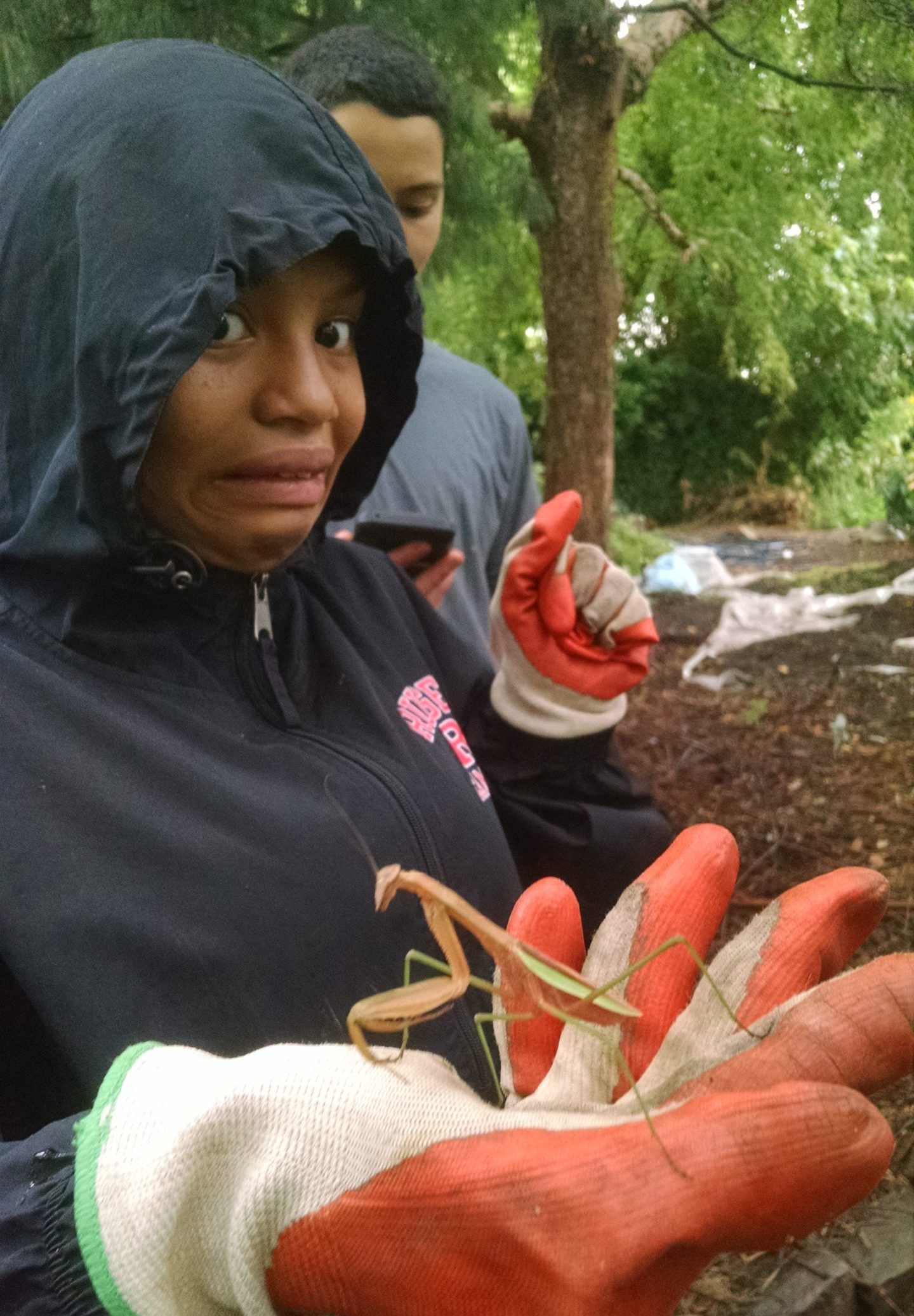November 2014: Message from the President
Greetings from a water-sogged South Jersey!
The winter is about to bite, quite sharply, as the temperatures drop precipitously tonight, down to 29 in our area. Last Thursday I experienced a different kind of bite, an intellectual one, that has me still chewing on what I heard. I listened to Dr. Richard Oppenlander speak for 90 minutes, with powerful figures and photos to underline his message.* What was that message? The single most effective way that we can respond to climate change and the environmental devastation of our planet that we’ve witnessed with increasing speed this last century is to STOP EATING ANIMAL PRODUCTS.
It’s very hard to come around to this idea; that we ought to become vegans. I know several vegans, and I admire them for their moral and health-conscious choice around food. Dr. Oppenlander pointed out that the leading causes of death in this country are linked to the eating of animal products. He pointed out that the seas have been depleted of ever more numerous species because of fishing, fishing whose only real purpose is to provide a filet for our dinner table. He pointed out that there is sufficient grain grown on this planet to meet the food needs of the 7 billion people on this planet twice over. Why do we have hunger? He said we have hunger because a vast percentage of that grain goes to feed the cows and pigs that feed our desire for meat. In addition, these massive animal farms, where tens of thousands of cows and pigs are raised, produce fantastic amounts of methane which, in the short term, are much more climate disruptive than CO2.
His talk was an assault of figures and photos that left me, and the other 200 people at the talk, numb. He did not pull punches. He even went after the “free range” chicken movement, letting us know that while the free range chicken has more space than the 11” x 8” space reserved for a chicken in the vast factory operations, a free range chicken is provided a 22” x 16” space. That is more space, but it certainly doesn’t support the vision of a chicken having free range. He also told us that the ‘free range” chickens often lose their beaks, just like their factory cousins, and for the same reason: chickens so close together get anxious and start pecking at each other. The pecking can harm the meat, so farmers take the beaks off the chicken to protect the meat!! It was numbing to listen to him.
I’m also quite aware that I’m writing this 10 days before Thanksgiving, a day when a bird is the main feature of many of our tables. And these birds are far larger than a normal turkey ever gets. The process by which they become so large is another story. Needless to say, Dr. Oppenlander rattled my cage when it comes to how I eat. We try to eat vegetarian a few days a week, and we try to purchase chicken, or beef, or eggs that are organically and humanely raised. I’m still not sure how to respond to the story he told. It was clear to me that eating animal products, and the vast production and distribution network that it has given rise to throughout the world, is certainly a significant, if not the largest, contributor to environmental devastation.
I’m reminded of the Native American tradition of thanking the spirit of the animal that was providing their sustenance. Perhaps we need to make our own rituals of gratitude for the animals that provide us food. I know that doesn’t go far enough to meet Dr. Oppenlander’s challenge, but I think it opens a door for those of us who don’t give a second thought to eating meat, even several times a day. Remembering the animal whose life was sacrificed so that we could have the meals we have would be a good start in moving us in a direction which might, some day, possible embrace the mantra of Dr. Oppenlander’s talk: Stop eating animal products if you want to secure the health of this planet!
To read a short piece on Dr. Oppenlander, visit this site. You can also visit this site to read more about his two books: Food Choice and Sustainability and Comfortably Unaware. For those of you who want to move in the direction of an animal free diet, consider this cookbook Almost Vegetarian or Forks over Knives Cookbook for those who want to go vegan.
A blessed Thanksgiving gathering to all!
Sincerely,
Mark Doorley, Ph.D.
Chairperson, Board of Trustees
*The talk was held at Villanova University, November 13, 2014, sponsored by the Theology Institute and Villanova University Dining Services.



